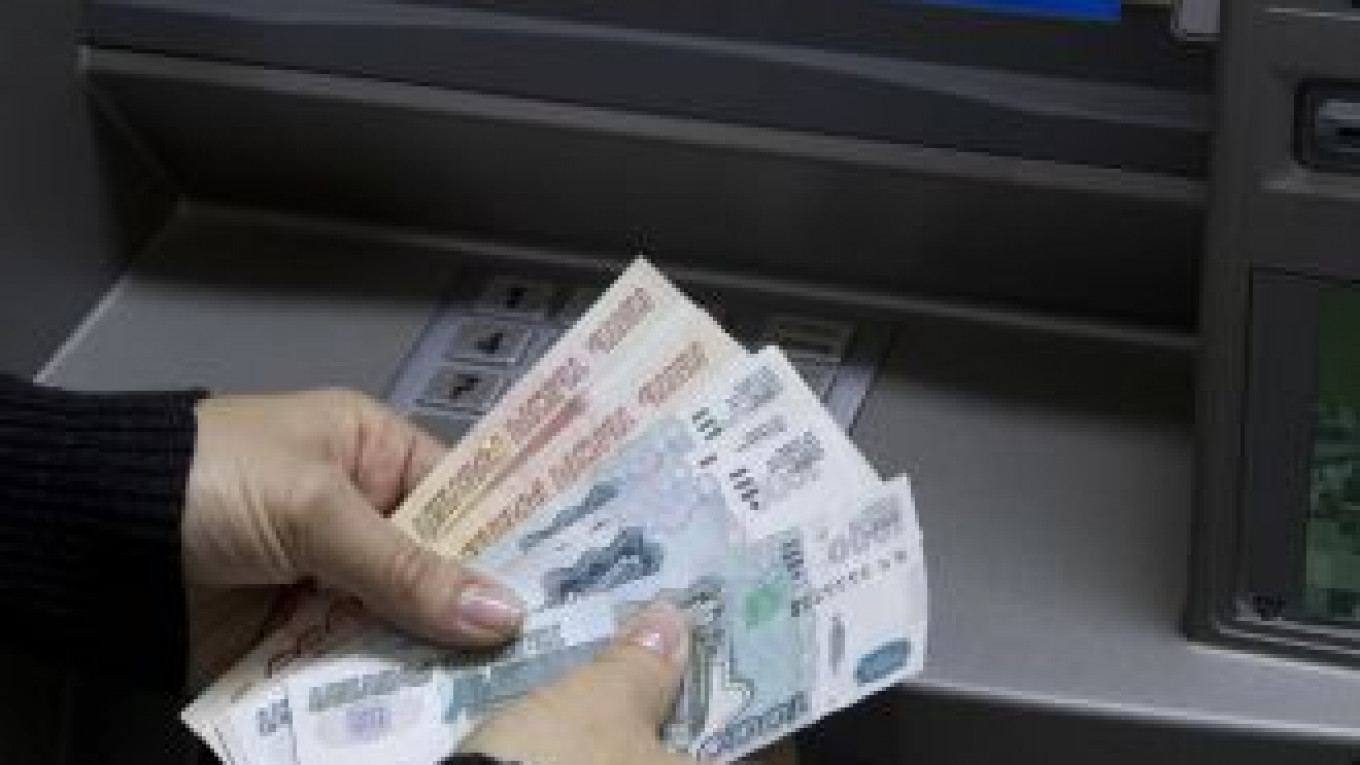CLEVELAND — ATM-maker Diebold has agreed to pay more than $48 million in penalties and restitution to resolve allegations of corrupt business practices in Russia and other countries, the U.S. government announced.
The government said Diebold had agreed to pay a $25.2 million penalty to resolve an investigation into alleged bribes in China and Indonesia and falsified records in Russia.
The goal was to obtain and keep contracts to provide ATMs to state-owned and private banks in those countries, the U.S. Department of Justice said in a statement Tuesday.
In a related action, the Securities and Exchange Commission, or SEC, announced a settlement with Diebold of civil charges under the anti-bribery law.
The SEC said the company agreed to pay $22.9 million in restitution and to appoint an independent monitor to oversee its compliance with the law.
"A bribe is a bribe, whether it is a stack of cash or an all-expense-paid trip to Europe," Scott Friestad, an associate director in the SEC's enforcement division, said in a statement.
"Public companies must be held accountable when they break the law to influence government officials with improper payments or gifts," Friestad said.
Diebold acknowledged responsibility. Besides ATMs, the company makes bank security and teller equipment.
"In China, Indonesia and Russia, Diebold chose to pay bribes for business and falsify documents to cover its tracks," acting Assistant Attorney General Mythili Raman said.
"Through its corrupt business practices, Diebold undermined the sense of fair play that is critical for the rule of law to prevail," Raman said.
Under the agreement filed in U.S. District Court in Cleveland, the government will hold off prosecuting two counts of violating anti-bribery and record-keeping laws and will drop the charges in three years if Diebold abides by the terms.
The agreement requires Diebold to cooperate with the government and implement internal controls. In addition, the company must keep a compliance monitor for at least 18 months to oversee Diebold's operations.
"Today's settlement agreement is an important step for the company moving forward," Diebold spokesman Michael Jacobsen said.
"It is imperative for Diebold to recognize these issues head on, acknowledge responsibility, put the FCPA, or Foreign Corrupt Practices Act investigation period behind it and get on with the business of managing the company."
The company cannot comment on any action taken against those responsible, Jacobsen said.
A Message from The Moscow Times:
Dear readers,
We are facing unprecedented challenges. Russia's Prosecutor General's Office has designated The Moscow Times as an "undesirable" organization, criminalizing our work and putting our staff at risk of prosecution. This follows our earlier unjust labeling as a "foreign agent."
These actions are direct attempts to silence independent journalism in Russia. The authorities claim our work "discredits the decisions of the Russian leadership." We see things differently: we strive to provide accurate, unbiased reporting on Russia.
We, the journalists of The Moscow Times, refuse to be silenced. But to continue our work, we need your help.
Your support, no matter how small, makes a world of difference. If you can, please support us monthly starting from just $2. It's quick to set up, and every contribution makes a significant impact.
By supporting The Moscow Times, you're defending open, independent journalism in the face of repression. Thank you for standing with us.
Remind me later.






